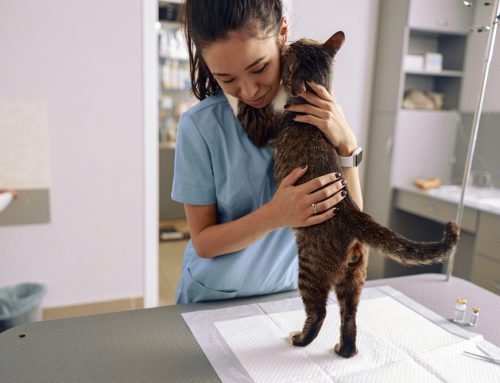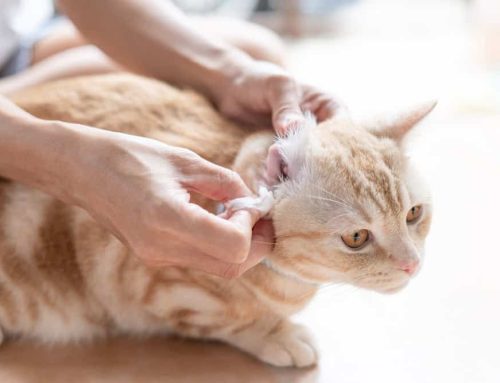Hawaii is a place of great beauty and unique culture, but living here can be pricey. Our pets enjoy a low-stress lifestyle and spending time in the natural outdoors, but any pet can become sick or injured and incur a large veterinary bill. Pet health insurance is an increasingly popular financial safety net for pet owners, but many question whether policies are worth the cost. The Kauai Veterinary Clinic team explains pet insurance, how it works, how to decide if insurance is right for you, and then how to choose the right policy.
What is pet health insurance?
Pet health insurance covers veterinary costs related to illnesses and injuries. Contrary to human health plans, most basic pet insurance policies exclude preventive and wellness care without purchasing an additional rider. Policies vary widely in coverage, deductibles, waiting periods, and annual limits, and range from basic accident plans to comprehensive, full-coverage policies.
Pet insurance benefits
Pet health insurance offers several benefits for policyholders, including:
- Financial protection — Unexpected veterinary bills can strain your budget, but pet insurance helps mitigate these costs by providing reimbursements up to an annual maximum.
- Access to care — Insurance can lead to better outcomes for your pet, because you’re more likely to seek care earlier and more often.
- Peace of mind — Knowing that you have a financial safety net allows you to make decisions based on your pet’s health needs rather than what you can afford now and trying to predict future expenses.
Pet insurance coverage
Pet insurance coverage varies considerably among providers and depends on your chosen plan type. Accident and illness plans, which cover diagnostics, treatments, medications, and procedures related to disease or injury, are the most common types. Accident-only plans provide less coverage, while others are more comprehensive and offer wellness care and other add-ons.
No pet insurance companies cover pre-existing conditions, so insuring an older pet with many existing diseases likely makes no sense. Additional limitations and exclusions vary but often include cosmetic procedures, breeding care, and preventable diseases.
Considerations before purchasing a policy
To decide if you need pet insurance, you must first carefully analyze your budget, your pet’s potential future health needs, and the cost of plans in your area. Many pet owners prefer to pay a predictable monthly premium rather than large bills as they arise, while others may not want to pay a monthly fee for coverage they may not use. Remember, you are unlikely to get back everything you pay into a policy, but the same is true for your personal health, auto, or home insurance. You’re paying for just-in-case coverage and peace of mind.
Choosing the right pet insurance policy

Choosing a plan can be challenging and you must first thoroughly research your needs, because switching plans later in your pet’s life can be complicated. For example, any conditions covered by the first plan will be considered pre-existing and coverage will be excluded from any new plan. To avoid this, research customer reviews on multiple sites, learn about each provider’s plan options, and obtain quotes to compare cost and coverage. Consider the time the claim reimbursement process takes, how much paperwork is required for a claim, and how many customization options are available if you want to adjust your coverage later. Pet insurance costs increase yearly, as your pet will more likely suffer age-related illnesses, so consider decreasing future coverage.
Our Kauai Veterinary Clinic team recommends that all new pet owners fully research pet insurance providers and plans to determine if a policy is right for them. Insurance can provide peace of mind and allow you to choose the care and treatment your pet needs without worrying about your wallet. We can help you determine if an insurance policy is right for you and your pet, so contact us to schedule a routine check-up for your furry pal, and we can guide you toward the best decision.










Leave A Comment